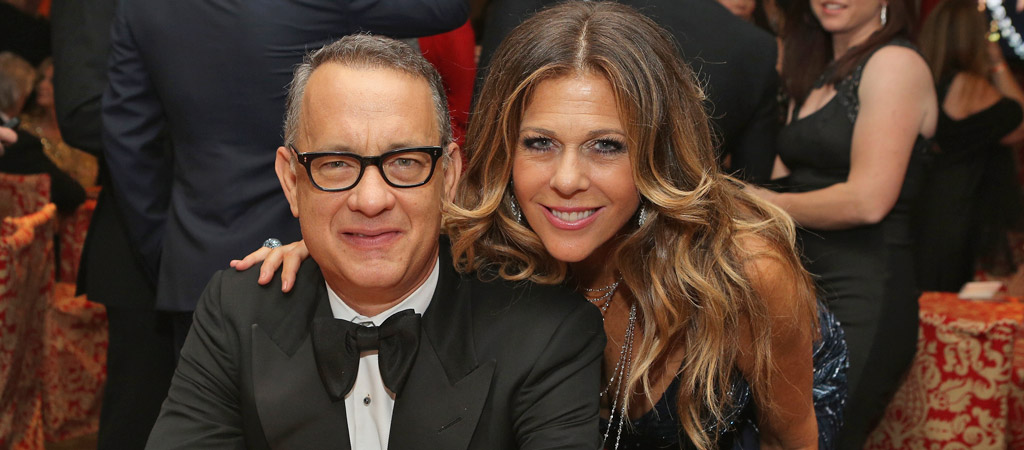
Over the last week Scott Rudin has received something like a comeuppance. The Hollywood and Broadway producer is both legendary and notorious. On one hand, he gets tricky fare, such as No Country for Old Men, The Social Network, Lady Bird, and many more, made. On the other, it’s a well-known secret that he has long been abusive to his revolving door cast of young staffers — some of whom have finally been speaking to places like The Hollywood Reporter and Vulture about their traumatic experiences.
Now The New York Times has also published a lengthy Rudin exposé, focusing both on the abuse he brought upon his employees and even to name talent who worked with him. One of those is actress Rita Wilson. In 2015, she was set to appear in a Rudin production of Larry David’s play Fish in the Dark. But shortly before it bowed, she was diagnosed with breast cancer. According to Wilson, that didn’t sit well with Rudin:
When she told Mr. Rudin the news, she said, he complained that she would need time off during Tony voting season and asked to see her medical records, while Anna Shapiro, the director, grew upset about having to find a replacement.
A few days later, just before the curtains rose, Ms. Wilson received a call from her agent, saying her surgeon needed to call the insurance adjuster immediately, per Mr. Rudin’s demands. The memory still pains her.
“I felt like he was trying to find a way to fire me legally,” Ms. Wilson said. “He is the kind of person who makes someone feel worthless, unvaluable and replaceable.”
For the record, Shapiro did apologize to Wilson when she realized she had upset her, while a spokesperson for Rudin claimed it was her idea to open the show and then leave, and that both he and Shapiro didn’t want her to delay treatment. But that Rudin allegedly couldn’t keep his temper in check even around Tom Hanks’ wife says a lot.
There’s jaw-dropping stories in the Times piece, as well as in ones published by THR and Vulture, about the infamous producer. And now that the gates have opened after decades of silence and NDAs, there’s bound to be far more.
(Via NYT)
